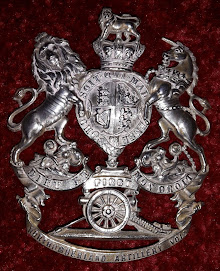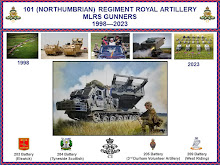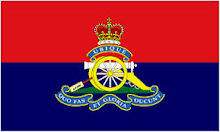Two airborne divisions were assigned to the mission. The 101st Airborne Division were to seize and hold the exits from UTAH BEACH capture the LA BARQUETTE LOCH and destroy or capture bridges over the R.DOUVRE. They were then to establish a defensive line to protect the southern flank.
The 82nd Airborne would be dropped to protect the northwest flank, and in p[articular prevent counter penetration from enemy forces in the COTENTIN PENINSULAR. Their landing zones were both sides of the R. MERDERET. The specific tasks were to capture SAINT MERE EGLISE, capture two causeways at LA FIERE and CHEF- DU- PONT , and destroy bridges on the R.DOUVRE at ETIENVILLE and BEUZEVILLE-LA-BASTILLE. To deceive the German defenders 3 foot high dummies, ‘Ruperts’, would be dropped by parachute away from the main landing areas.
At 21:30 on June 5th 1944 the pathfinders took off from the North Witham airbase. 30 minutes later the main body of 801 aircraft began their flight to the drop zones. Thick cloud and bad weather, coupled with German flak defences, meant the transport aircraft flew higher and faster than planned and had to weave to avoid the anti-aircraft fires. The consequences being many paratroopers jumped at the wrong locations and were dispersed over a wide area. Most units dropped several miles from their intended drop zones (DZ).
The 82nd division were widely dispersed, though this did have the advantage that the Germans were confused as to the size and intentions of the airborne troops. Scattered groups of men were gathered together as ad hoc units and made their way to their intended objectives.
The paratroopers from the 101st AB were widely scattered, and many casualties were sustained as men drowned in flooded areas. By dawn only 1,100 of the divisions 6,600 men had reached their reporting positions. The second wave of glider troops had also sustained heavy casualties and much heavy equipment had been lost. Despite the difficulties the airborne troops succeeded in securing the four vital exits from UTAH BEACH, and linked up with the assaulting troops to secure the bridgehead.
It was in Ste Mer Eglise where Private John Steele's parchute was caught on the Church Tower, and where he hung feigning death, until the town had been cleared of Germans.
US Airborne Museum Ste Mer Eglise
US Airborne Museum Ste Mer Eglise 75mm Pack Howitzer




































